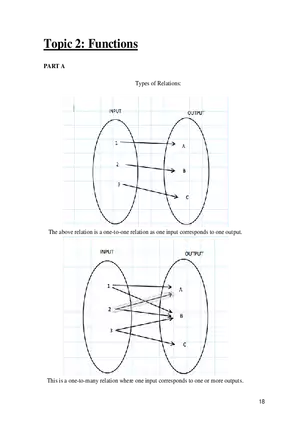Study Guide
Linear Algebra Solutions 2.1
-
University:
Whitman College -
Course:
MATH-240 | Linear Algebra Academic year:
2024
-
Views:
360
Pages:
1
Author:
Efrain Villa
Related Documents
- Algebra Week 1 Quiz
- Algebra Quiz Answers
- Two Dimensional Ideal MHD Equations
- Linear Algebra Review Session 3
- Orbital Energy in Terms of Semi-Major Axis
- Roots and Radicals, Part 1
- Math 240, Second Exam Review Questions 2011
- Linear Equations - Lecture Notes
- Linear Algebra Example Section 1.1, Problems 12, 13 and 28
- Solving Linear Programming Problems: The Simplex Method, Part 2
- Solving Linear Programming Problems: The Simplex Method, Part 1
- A Brief Summary of Math 240
- Solving Linear Programming Problems: The Simplex Method, Part 3
- Math 240 Example Questions
- Linear Algebra Solutions to the Review 4 Exercises
- Linear Algebra Second Exam Review Solutions
- Linear Algebra- Final Exam Review Questions 2010
- Linear Algebra Final Exam Review - Solutions
- Linear Algebra Section 4.6 The Rank of a Matrix
Linear Algebra Solutions 2.1

Recommended Documents
Report
Tell us what’s wrong with it:
Thanks, got it!
We will moderate it soon!
Report
Tell us what’s wrong with it:
Free up your schedule!
Our EduBirdie Experts Are Here for You 24/7! Just fill out a form and let us know how we can assist you.
Take 5 seconds to unlock
Enter your email below and get instant access to your document

